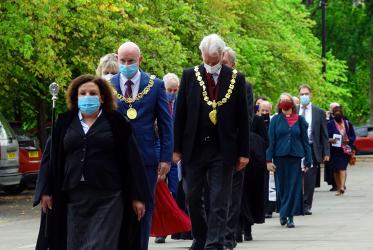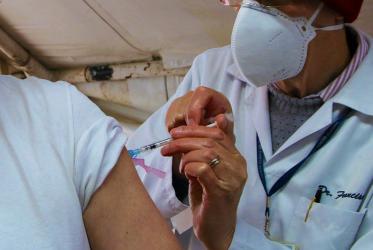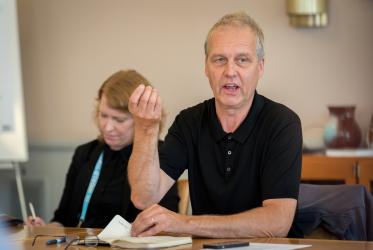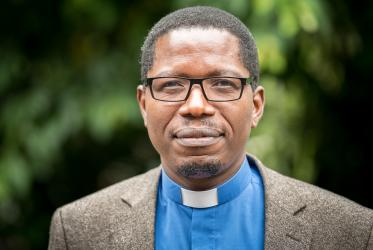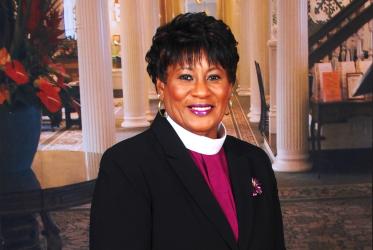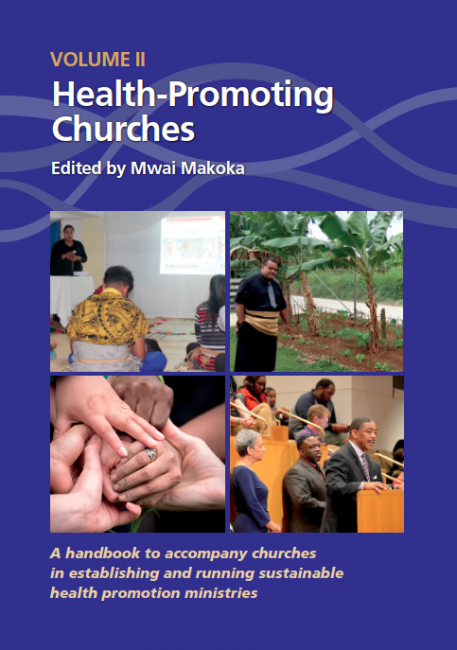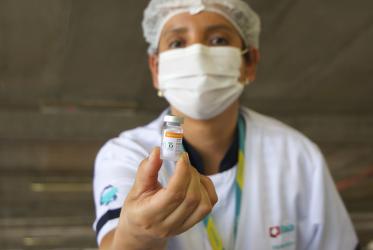Displaying 81 - 100 of 124
Walk the Talk
A Toolkit to Accompany the "Roadmap for Congregations, Communities and Churches for an Economy of Life and Ecological Justice"
31 August 2021
Can we end our societal addiction to fossil fuels?
12 August 2021
Ecumenical International Youth Day 2021 Event Toolkit
Young People and Climate Justice
06 August 2021
Health-Promoting Churches Volume II:
A handbook to accompany churches in establishing and running sustainable health promotion ministries
28 April 2021
WCC answers your questions about vaccines
26 April 2021
Defending the ‘blue soul of life’
08 April 2021

